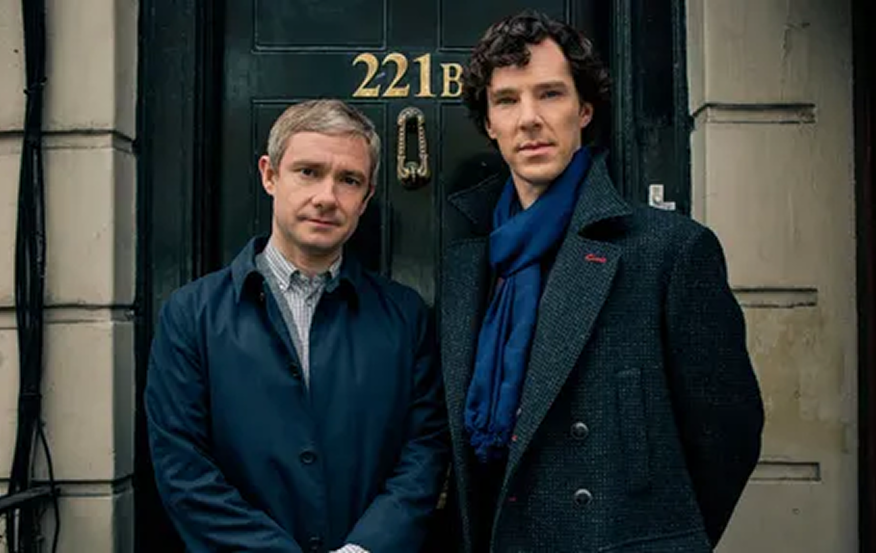In the highly polished world of prime-time television, where every second is scripted, rehearsed, and tightly controlled, genuine human moments are rare treasures. Last night, during the broadcast of a popular evening talk show, viewers were gifted with one such gem—not from a celebrity guest or a fiery debate, but from an unseen member of the crew, turning a minor mishap into a viral sensation of shared joy.
The segment was proceeding as usual. The host was delivering a monologue on a current, rather dry political topic, the studio audience listening attentively. Then, in a crystal-clear moment of silence between sentences, it happened: a massive, unrestrained, and utterly human sneeze.
The camera, held by the very person who sneezed, gave a sudden, noticeable jolt. On screen, the host’s face froze for a microsecond, his professional composure cracking as a bewildered smile spread across his lips. Before he could speak, a second, even more desperate sneeze erupted from behind the lens.
That was the breaking point. The host burst out laughing, dropping his notecards on the desk. The guests on the plush interview sofa, who had been trying to maintain polite expressions, dissolved into giggles. The sound of uncontrollable laughter from the production crew off-camera filtered through the microphones. The studio audience, realizing the source of the interruption was the usually invisible camera operator, roared with collective, understanding mirth.
“Bless you!” the host finally managed to wheeze, wiping a tear from his eye. “Someone get our man behind the camera a tissue, stat! We’ve got a biological hazard in the control room!” His ad-lib only fueled the laughter, transforming a potential technical flaw into a participatory event.
For nearly two full minutes, the sleek, high-stakes talk show devolved into something beautifully ordinary: a room full of people sharing a spontaneous, helpless laugh. Other cameras, still rolling, captured the contagious reaction—the director in the control booth shaking with laughter, sound engineers doubling over, and the “culprit” operator himself, likely crimson-faced behind his viewfinder, giving a sheepish wave.
Social media, of course, ignited instantly. Clips of the “Great Live Sneeze” amassed millions of views within the hour. The hashtag #SneezeGate trended nationwide, with viewers creating memes, GIFs, and heartfelt comments. “This is the most real thing I’ve seen on TV all year,” wrote one user. “That operator just won the internet,” declared another. Media commentators noted that the moment had achieved something rare: it shattered the “fourth wall” completely, reminding everyone that live TV is a fragile, human endeavor.
When the show finally regained its composure, the atmosphere had undeniably shifted. The subsequent interviews felt warmer, more conversational, as if the shared laughter had reset the room’s energy. In his closing remarks, the host nodded to the night’s true star: “A reminder that even in a world of high-definition cameras and autocues, we’re all just people. And some of us,” he added with a grin, “have allergies.”
It was an unscripted lesson in connection. In an age of curated content, the moment proved that sometimes the most powerful way to engage an audience isn’t through shock or scandal, but through a simple, universal, and utterly relatable moment of human frailty—followed by the unifying, healing power of shared laughter.







